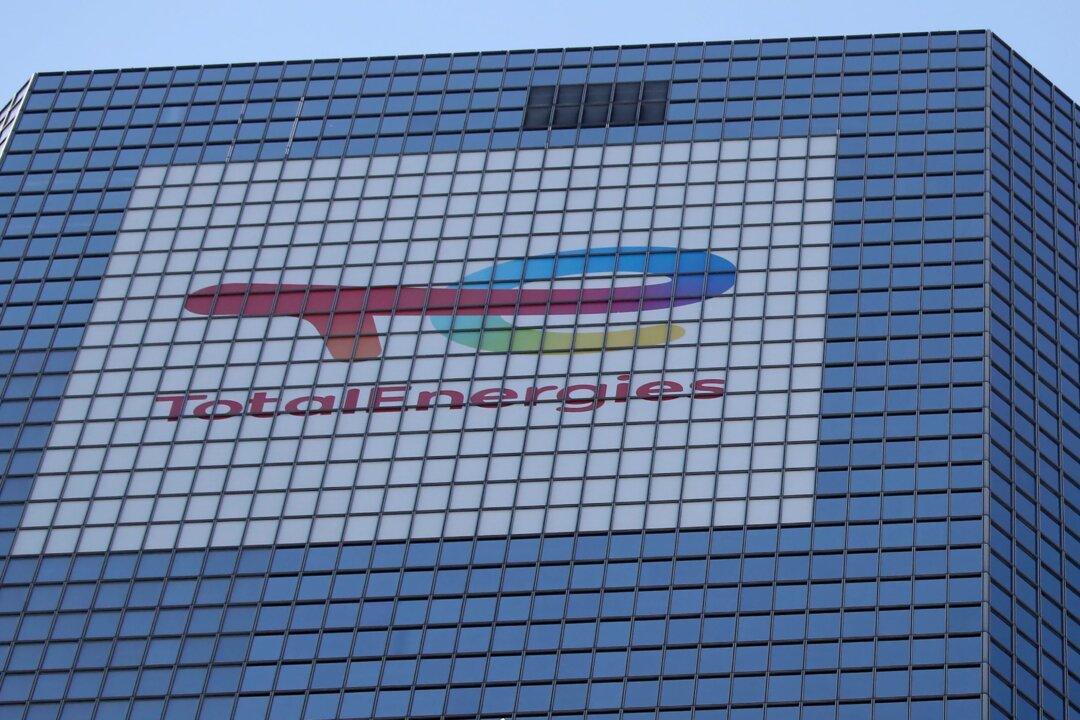PARIS—Total Energies and Chevron, two of the world’s largest energy companies, said Friday they were exiting Burma (also known as Myanmar), citing rampant human rights abuses and deteriorating rule of law since the country’s military overthrew the elected government in February.
The announcement came just a day after the French company called for international sanctions targeting the oil and gas sector, which remains one of the military government’s primary sources of funding. It also comes a month after an Associated Press story on the growing push for oil and gas sanctions on both companies and on the resistance from the United States and France.





